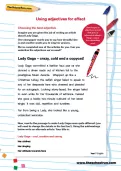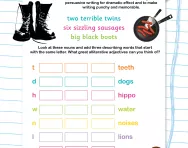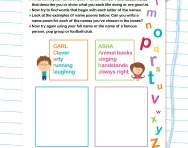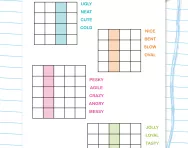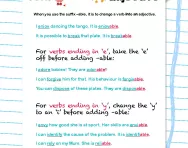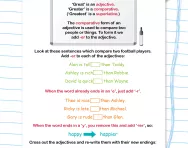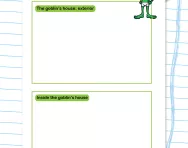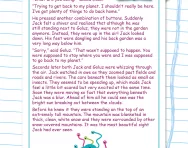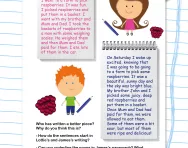TheSchoolRun.com closure date
As we informed you a few months ago, TheSchoolRun has had to make the difficult decision to close due to financial pressures and the company has now ceased trading. We had hoped to keep our content available through a partnership with another educational provider, but this provider has since withdrawn from the agreement.
As a result, we now have to permanently close TheSchoolRun.com. However, to give subscribers time to download any content they’d like to keep, we will keep the website open until 31st July 2025. After this date, the site will be taken down and there will be no further access to any resources. We strongly encourage you to download and save any resources you think you may want to use in the future.
In particular, we suggest downloading:
- Learning packs
- All the worksheets from the 11+ programme, if you are following this with your child
- Complete Learning Journey programmes (the packs below include all 40 worksheets for each programme)
You should already have received 16 primary school eBooks (worth £108.84) to download and keep. If you haven’t received these, please contact us at [email protected] before 31st July 2025, and we will send them to you.
We are very sorry that there is no way to continue offering access to resources and sincerely apologise for the inconvenience caused.
Using adjectives for effect
Different adjectives can completely transform a piece of writing, as your child will find out when they write two contradictory reviews of a pop concert. Will they judge the singer as 'cool' or 'cold'?
How can KS2 children use adjectives for effect?
- Encourage children to choose adjectives that vividly describe the noun, helping the reader picture it more clearly, like sparkling ocean instead of just blue ocean.
- Suggest using adjectives to create a specific mood or feeling, such as gloomy night to make the scene feel mysterious or eerie.
- Teach them to avoid overloading sentences with too many adjectives; sometimes, one powerful adjective can have a stronger effect than several.
What are some examples of using adjectives for effect?
Here are five examples of using adjectives for effect:
- The giant, roaring lion prowled through the jungle.
- She wore a shimmering, golden dress at the party.
- The spooky, abandoned house stood at the end of the street.
- He held the tiny, fragile bird gently in his hands.
- The delicious, warm cookies made the kitchen smell amazing.
For more support with KS2 English, check out our hub page, or try a new challenge such as our Year 6 English Challenge Pack.
